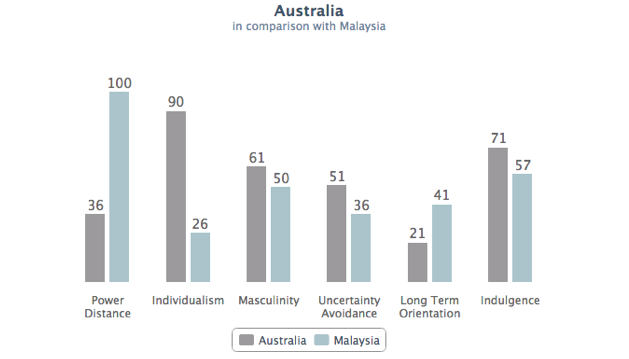Branding in International Markets

The Traffic team is highly skilled in the area of international branding and advertising. The work we do for global brands in our Melbourne and Sydney offices is frequently extended to international markets. Understanding the intricacies of a foreign market is notoriously complex. Whether we’re extending a rebrand across Asia Pacific, or developing a brand for a new land estate in South Africa, we must develop an understanding of the customer and their perceptions, attitudes, and behaviours before we put pen to paper.
Most recently, we were selected to rebrand a major Malaysian developer. As part of the project it was essential to immerse ourselves in Malaysian culture. By spending time on the ground, we quickly developed an understanding of the local behaviours in terms of doing business, but to launch a rebrand to a foreign market, we had to considerably deepen our understanding of the people we were speaking to.
One tool we use to help us understand the complex dimensions of a culture is a framework for cross cultural communication developed by renowned social psychologist, Geert Hofstede. Hostede’s theory of cultural dimensions outlines the effects of a society’s culture on the values of its members and describes how these relate to behaviour. Over the course of 6 years, Hofstede travelled to 50 countries and surveyed 117,000 IBM employees to learn how the values of each nation differ. Accordingly, countries can be understood in terms of where they stand on the scale of a number of values.
- Collectivism-individualism
- Uncertainty avoidance
- Power distance (strength of social hierarchy)
- Masculinity-femininity (task orientation versus person-orientation).
- Short or long-term orientation
- Indulgence versus self-restraint
In comparison to Australia, Malaysia is very high in terms of power distance. Malaysians have a much greater respect for social hierarchies than Australia, reflected in the fact that, in Malaysia, people of importance are addressed by their title, rather than their first name. Additionally, the importance of status luxury brands cannot be underestimated. Luxury brands assist in the affirmation of social status and are therefore of heightened importance in countries with high power distance.
Another sharp contrast is the collectivism/individualism scale. In Australia, we think in terms of the first person singular. Malaysians see themselves as part of a collective group. Success isn’t personal but shared amongst the community. Lastly, we noticed that Malaysians have a long-term orientation. Rather than planning for the next few months, they’re more focused on the long-term future.
We took these values, as well as a number of other considerations, into account when interacting with Malaysians and developing our strategy for the brand. International marketing is a complicated process but with the right groundwork, Australian agencies can equip themselves as best they can for international markets.